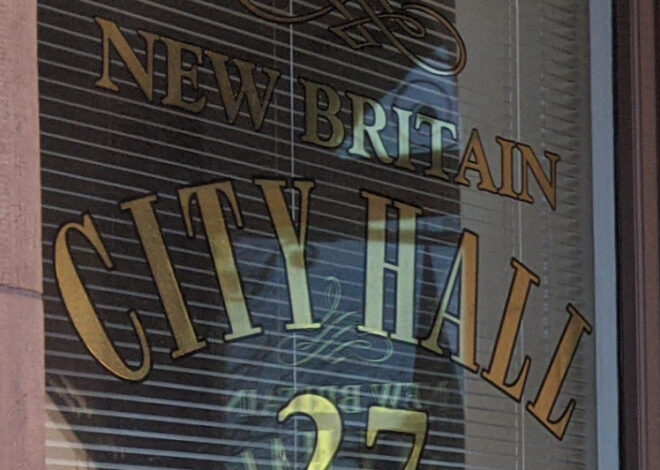Rep. Tercyak Opposes Republican Budget Plan That Could Cause 3,400 New Britain Residents to Lose Access to Medicaid Health Care

New Britain State Representative Peter Tercyak (D-26) hosted a press conference this week to object to the Republican State Budget recently approved in the state legislature that he says would jeopardize the health care of tens of thousands of Connecticut residents, which would put thousands of New Britain residents at risk.
The state legislature’s Republicans approved their state budget plan when a handful of Democratic legislators also voted for the plan.
But Tercyak says that that budget plan would put the health care of 77,000 Connecticut residents at risk because of cuts to the Medicaid health care program.
Using data from the state’s Department of Public Health and Department of Social Services, the New Britain Progressive has calculated that 77,000 people losing access to Medicaid statewide could mean approximately 3,400 New Britain residents losing access to this health care coverage.
“The budget that passed in the General Assembly in September does not protect Connecticut’s most vulnerable,” said Rep. Tercyak.
But Gov. Dan Malloy (D) recently vetoed the Republican budget plan. “Because the Governor vetoed that bill,” said Tercyak, “we now have the opportunity to do the right thing and approve a budget that works for all people.”
Tercyak says that he wants a Connecticut state budget that is supportive of children, families, the elderly, and the disabled, saying that he is advocating for a state budget that considers revenue options that would preserve health care coverage. Tercyak said, “these options include; reducing corporate tax breaks by 10%. In 2017, corporate tax breaks cost the state $707 million; a low-wage employee fee to make up for employers who use state funded programs such as health care benefits for their workers; and legalizing marijuana for recreational use – and taxing it – to give Connecticut an advantage over neighboring states.”
House and Senate leaders have been meeting to negotiate a bipartisan state budget.



